Cuba tour guide Yummet describes what effect Cuba’s socialist revolution has had on her family. She tells the story through the perspective of 3 generations of black women living through Cuban history from 1940 onwards.
Many outsiders think politics in Cuba is a forbidden subject because Cubans are not allowed; or they might be afraid to talk about it for fear of controversy. Well I am not shy about politics, nor am I timid about expressing my feelings about my country. If one of the questions you are afraid to ask is what I think of Fidel’s revolution, I will give you the answer. I have strong feelings about post-revolutionary Cuba. Let me tell you what they are and why…
My Family - Before the Cuban Revolution
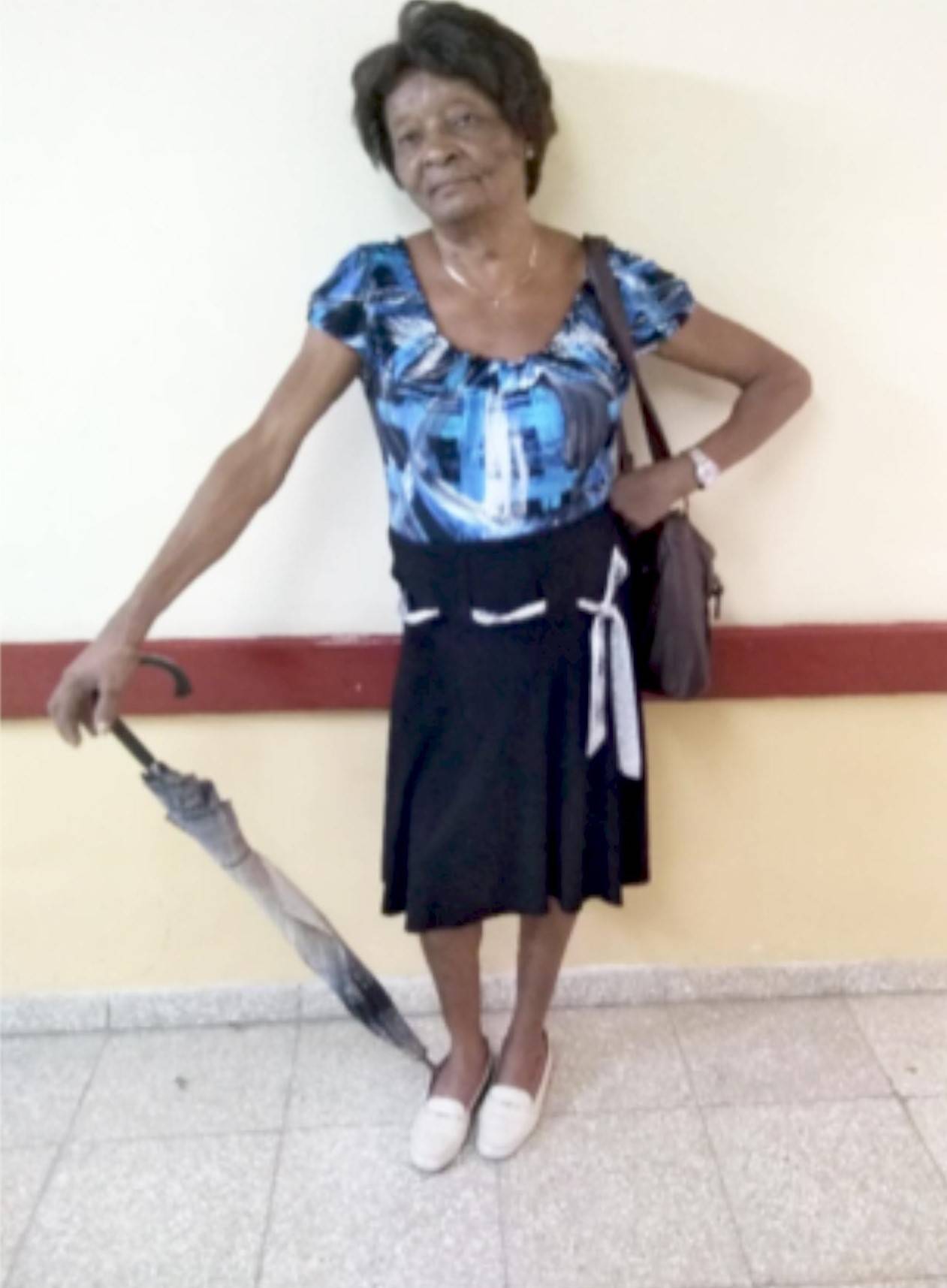
This is my mum. Her name is Lourdes and she is 76 years old. She was born in the 1940s, a time when Cuba was capitalist, in a little countryside village surrounded by sugar cane plantations in Ciego de Avila.
“Go and find yourself a job” said grandma,
“School is not for colored people
like us with no money.”
Mum could not describe in detail the context she was being raised in because she was just a child but she does remember that her mum, my grandmother, had the titanic task of feeding nine kids. My mum was number eight. In that time, it was common for the family to have plenty of kids even though it meant starving. Grandma, who was father and mother to all of them after my grandfather died, did a lot of laundry and ironing, mainly for the land owners who earned their fortune in the production of sugar cane.
My uncles were young and strong, but they didn’t have money to buy a piece of land to try to improve their lot. Only rich people could. Only the American transnationals could. Schools weren't free in the 1950s except for the public ones but the options in the countryside were minimal. Grandma lived too far from options. “Go and find yourself a job” said grandma, “School is not for colored people like us with no money.”
In Search of Better Opportunities
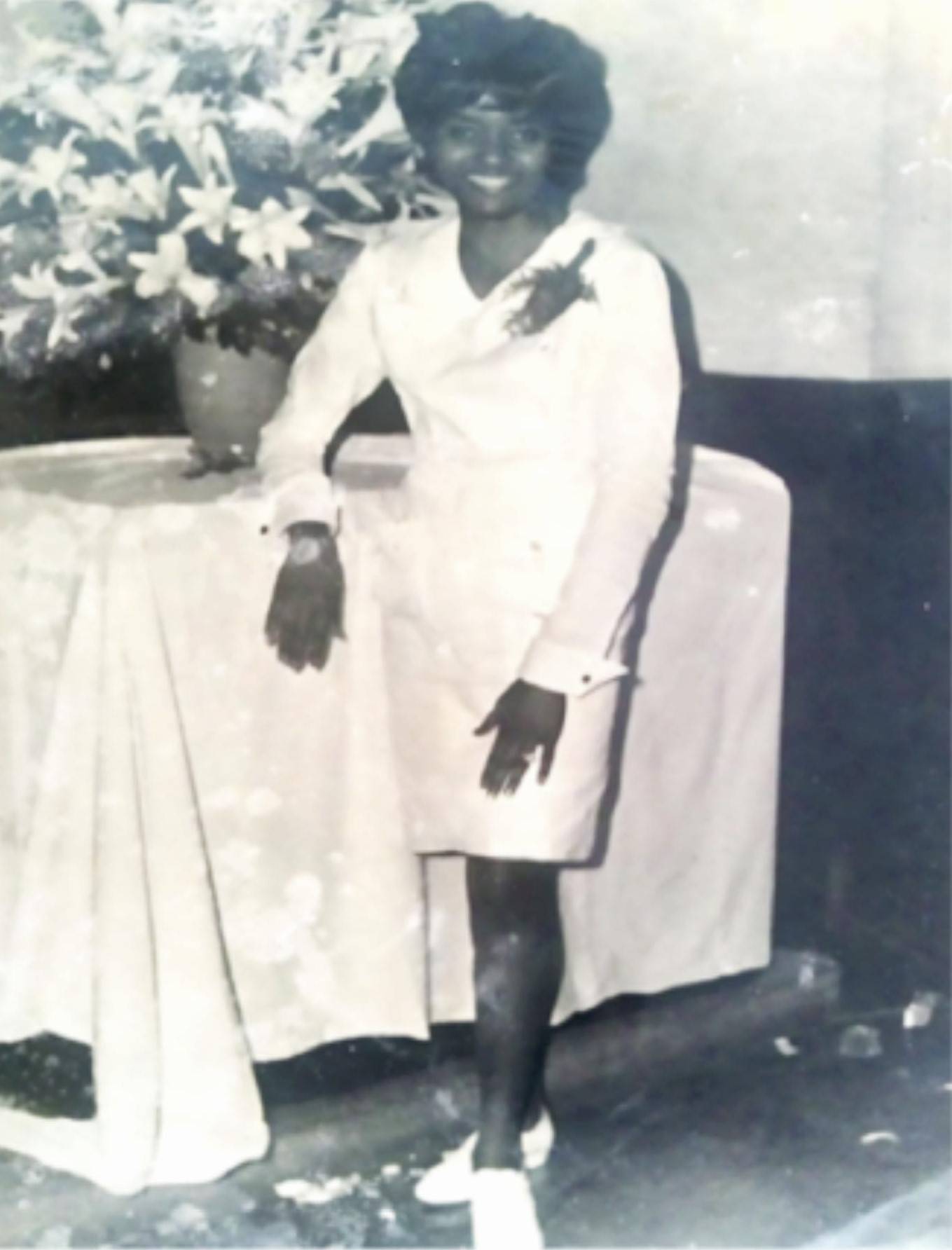
One day, my uncles and aunts decided to leave the house in the countryside, in spite of my Grandmother’s position of not leaving the place she raised her family in. They went to Havana looking for better job opportunities. Luckily there were some. Being black and almost illiterate in the 1940s and 50s meant to lower your horizons and be pleased with the jobs the white middle class could offer. Yes…more laundry and ironing. The oldest siblings who first left found an apartment for rent in Lawton, a humble neighborhood in Havana, and little by little were joined by the others as soon as that was possible. My mum came last with my stubborn grandma. They were 10 in a two-bedroom apartment.
In the 1950s, at least for my family,
expecting to get more from life was just a dream.
Time passed and all of them, except for grandma who was getting old, found a house to work in as maids, gardeners, seamstresses, babysitters, whatever chores their boss told them to. My mum was 12 and by that time her sisters had already found a house for her to work in as well. In the 1950s, at least for my family, expecting to get more from life was just a dream.
After the Revolution
Then the Cuban Revolution triumphed in 1959. My mum said Cubans were very anxious about what was coming. Grandma was so scared. She thought communism was bad for business. She was one of those who strongly believed that people had better stay away from it. "Communists will brainwash my kids!" she said, even crying that day. I am sure she didn't really know what communism was. My mom dismissed my granma's concerns, thinking she was just another poor illiterate black woman who couldn't see beyond her nose and was repeating what others used to say.
“My days as a maid have come to an end,
I have decided to go to school!”
Fortunately, my mum was not afraid and embraced the opportunities that were emerging from the political moment. "Everyone will have access to school! My days as a maid have come to an end, I have decided to go to school!" she stated. Without saying anything to grandma, she quit as soon as possible and started to seek job ads in the local newspaper and found something interesting. They were opening a nurse school and were looking for young people interested. She told grandma about her decision after she made sure she got in. Mum became one of the best and most venerated nurses of her course.
Our Brighter Horizons
My aunts and uncles were able to move into a bigger house. During the 1960s a lot of Cuban families made the decision to run away from Fidel Castro to go to the USA. Most of them would abandon their houses leaving the keys to their maids. That was how my grandma, uncles and aunts moved into a bigger house. They studied and learned trades. They got married and moved out with their new families. All of them, agreeing with the Cuban Revolution or not, had to admit being favored by it. My mom thanks Fidel Castro deeply because he turned Cuba into a more humane place for everyone. She transmitted these values to me. As a result, I too seek opportunity, strive for professional excellence, fearlessly speak my truth and have pride in my story and my love for Cuba.

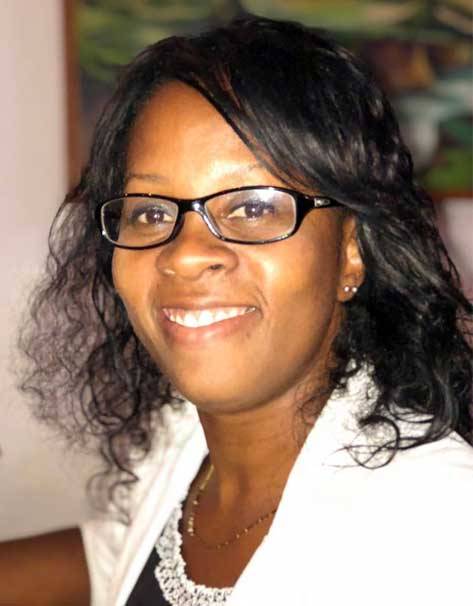

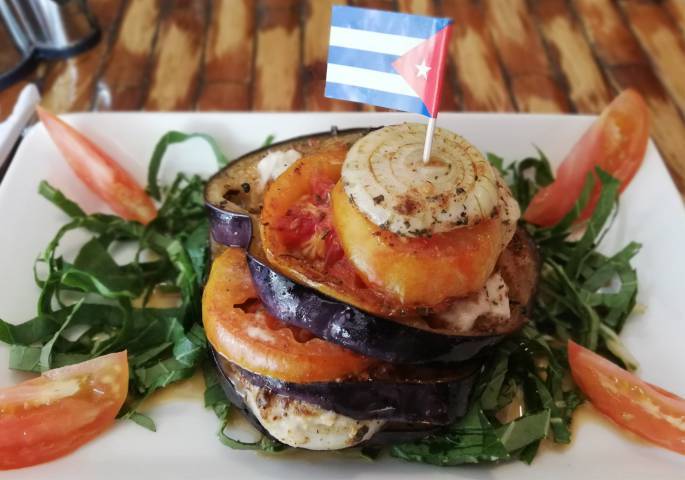
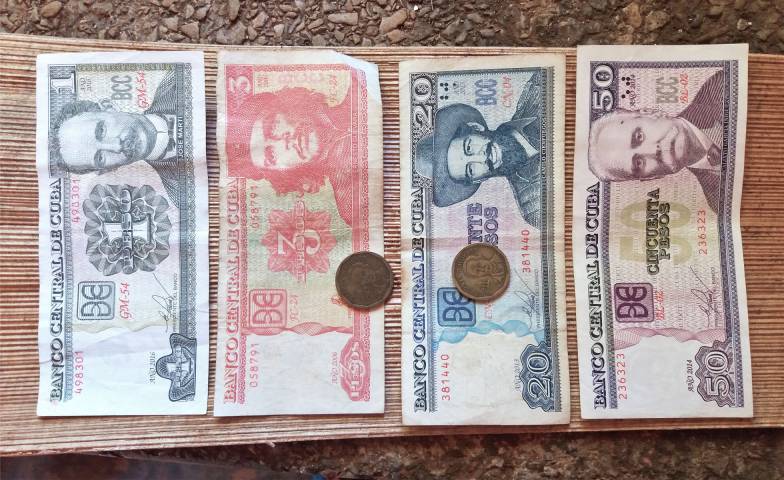
Comments